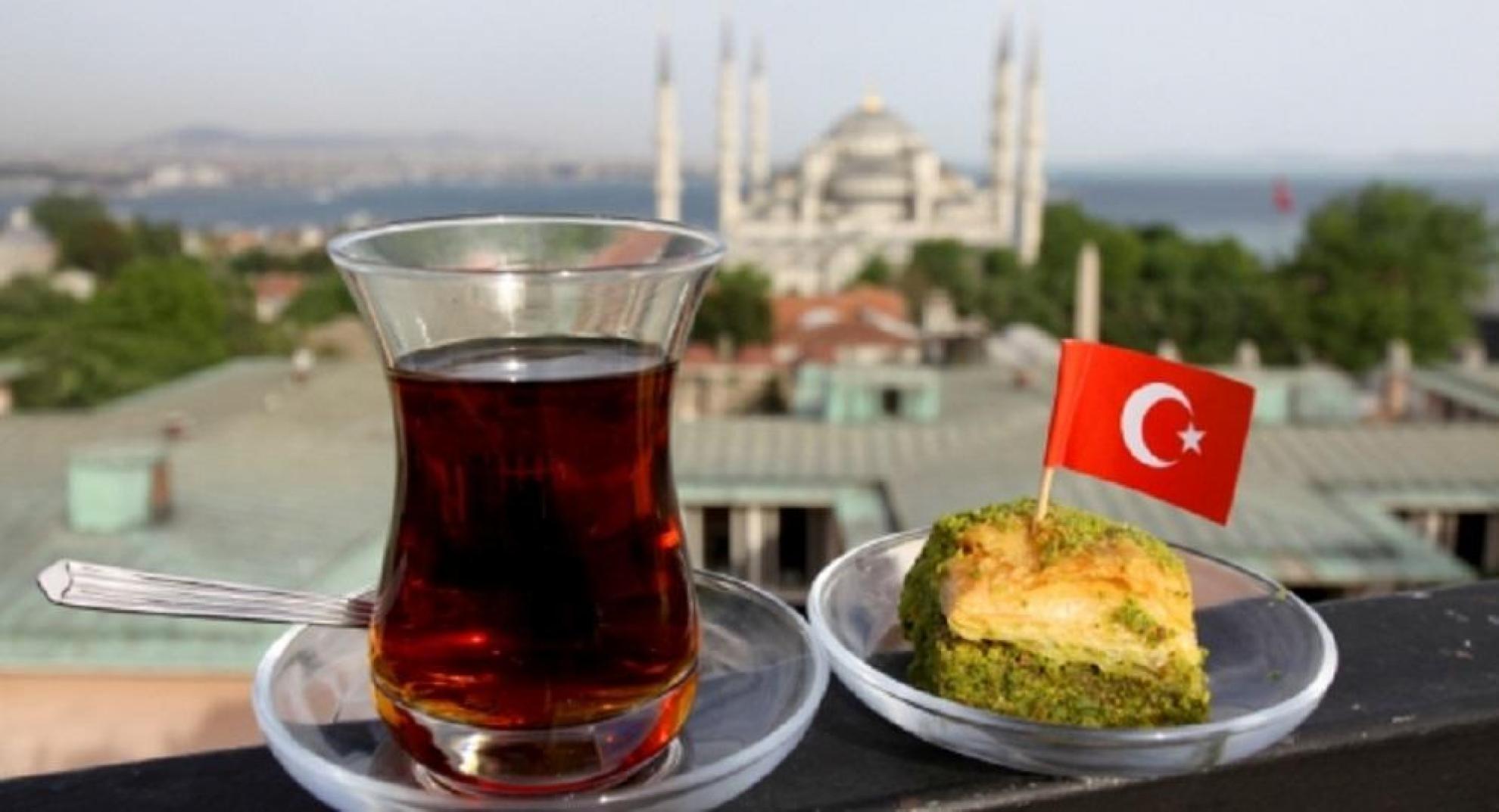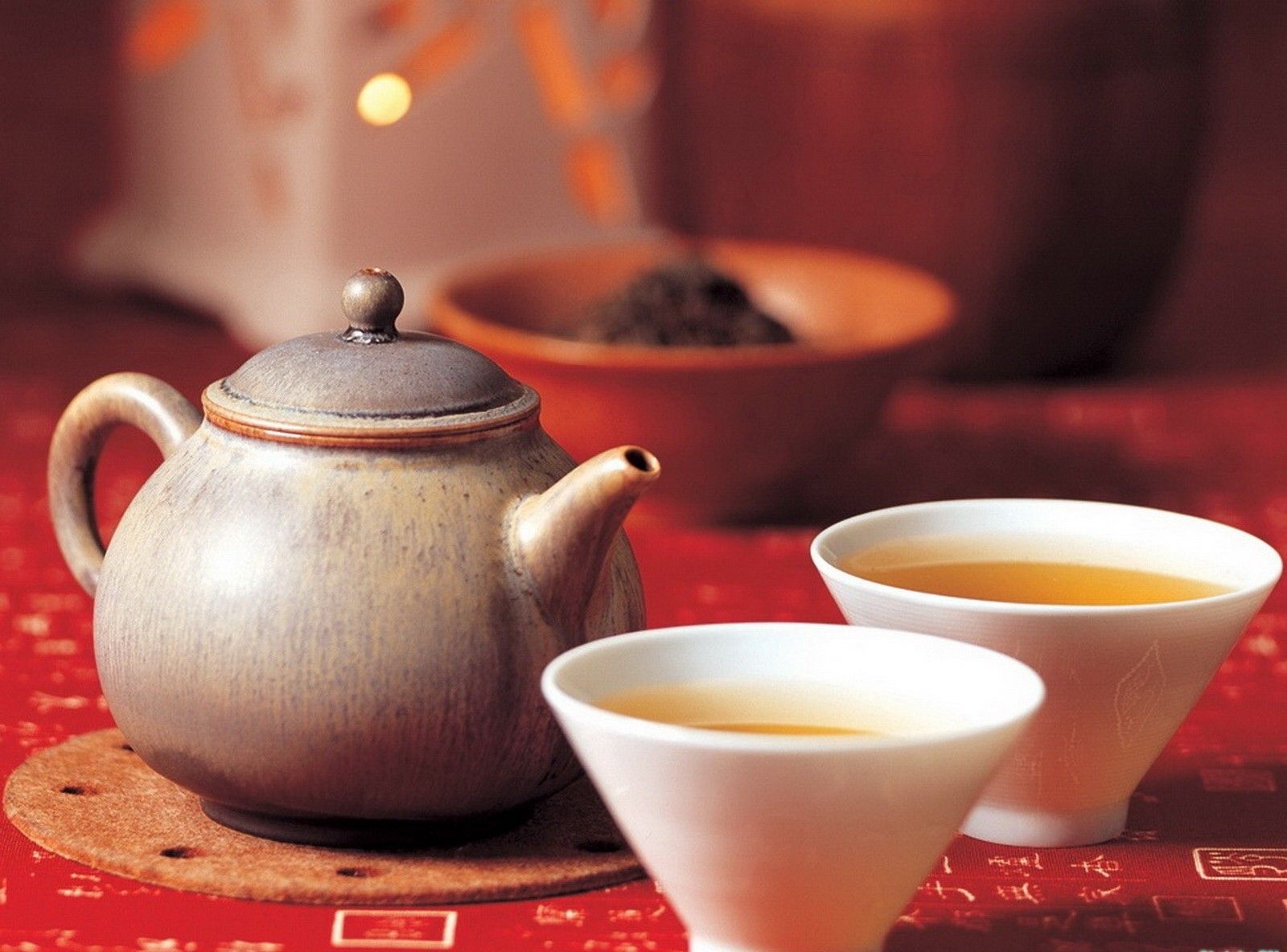Tea is a universal beverage with a rich history, cultural significance, and considerable health benefits. It holds a special place in the daily routines of people all over the world. These are the ten countries where tea is consumed the most.
Turkey
Tea is an integral part of Turkish culture. The country tops the list of tea-consuming countries with an astonishing 3.16 kg per person per year. Turkish tea, or “çay”, is a type of black tea consumed without milk and is a staple of Turkish social life.

United Kingdom
The United Kingdom is globally known for its tea tradition. Afternoon tea is a custom that still persists today. It’s more than just a beverage; it’s an essential part of the British lifestyle, with an average consumption of about 1.94 kg of tea per person per year.

Russia
In Russia, tea plays a significant role in the culture. Russian Caravan, a popular blend in the country, has a unique smoky flavor. The traditional Russian tea ceremony, featuring a “samovar”, is an important cultural ritual. Russians consume approximately 1.38 kg of tea per person per year.

Pakistan and Iran
Both Pakistan and Iran have a consumption of 1.50 kg per person per year. In these countries, tea, or “chai”, is usually served with every meal and is an essential aspect of hospitality. It is a gesture of welcome, often accompanied by sweets and cookies.

New Zealand
In New Zealand, where British colonial influence has shaped tea-drinking habits, the hot cup of tea is a staple of social gatherings and family get-togethers. It is often served with cookies or cake, with a consumption of 1.19 kg per person per year.

Morocco
Morocco has a unique tea culture. Moroccan mint tea, also known as “Moroccan whiskey,” is served throughout the day, especially with meals. It’s not just a beverage but also a sign of hospitality and friendship, with a consumption of 1.22 kg per person per year.

Ireland
Irish tea is traditionally strong and black, served with milk and sugar. It is the centerpiece of daily life and social events in the country, with an annual consumption of 2.19 kg per person.

